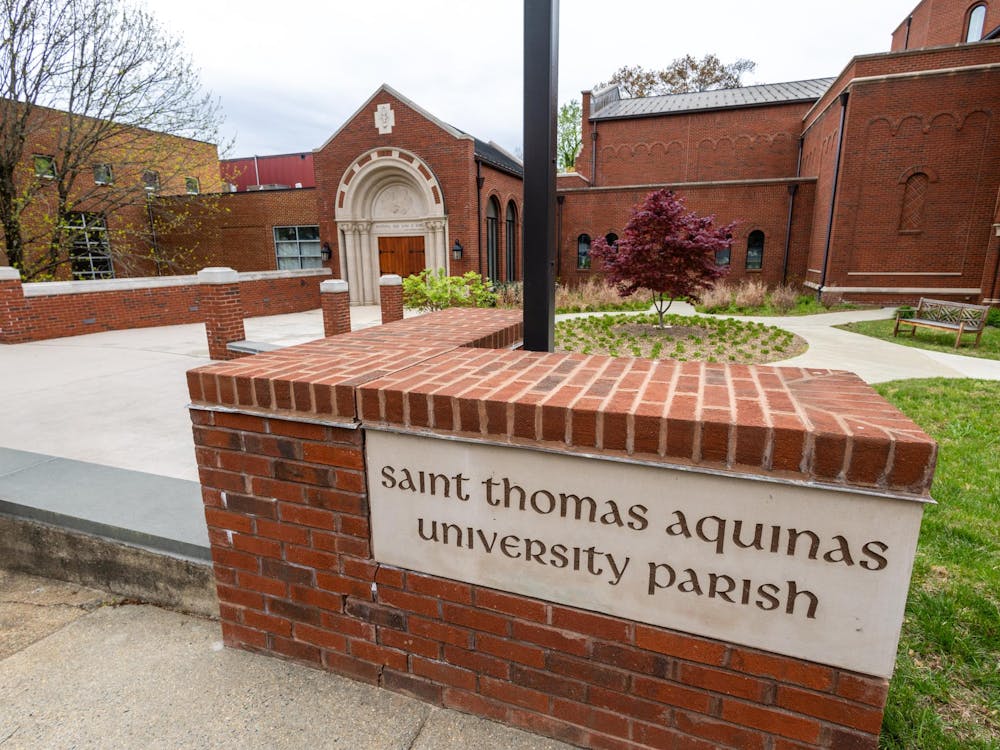A study led by Medical School Dean Steven DeKosky and published in the Journal of the American Medical Association yesterday found that gingko biloba is ineffective in treating Alzheimer’s disease.
The extract, which is a mental alertness supplement traditionally thought to help prevent the brain decline associated with Alzheimer’s disease, proved to be completely ineffective at preventing the destructive consequences of the disease. DeKosky said he was “tremendously disappointed with the results.”
Sue Friedmen, president of the Central and Western Virginia Alzheimer’s Association, explained why the study’s conclusion was such a hard blow: An aging baby boomer population means that more than 75 million Americans will soon be at risk, and one in eight Americans over the age of 65 has the disease.
In the study, conducted during a six-year period, 1,545 participants 75 years of age or older took 120 milligrams of gingko twice daily, and a control group of 1,524 participants took a placebo. There was no significant statistical difference between the experimental and control groups in the number of patients who showed signs of Alzheimer’s.
The study was rigorous, Friedmen said; conducted with unusually large groups of people who were frequently screened for symptoms, it was the first major study of a dietary supplement, she noted.
DeKosky explained that the successful technical aspect of the study was an important development in Alzheimer’s research.
“We now have a model on which we can conduct future trials,” he said.
Friedmen noted there are a number of ongoing studies regarding Alzheimer’s, including ones aimed at developing an effective blood testing mechanism for the disease and others that seek to explore potential cures or prevention methods.
DeKosky said that despite many disappointments, new research “gives us major reasons to remain optimistic.”
In the meantime, Friedmen said, communities must take care of Alzheimer’s patients. In a partnership with the Alzheimer’s Association, Education students in the Communication Disorders program are doing just that, she noted, explaining that students involved will visit patients and their families to help them understand what the disease means.
“It gives students exposure to patients and real-world experience that they can’t get in class,” Friedmen said. “And it also expands outreach and is a great service.”






